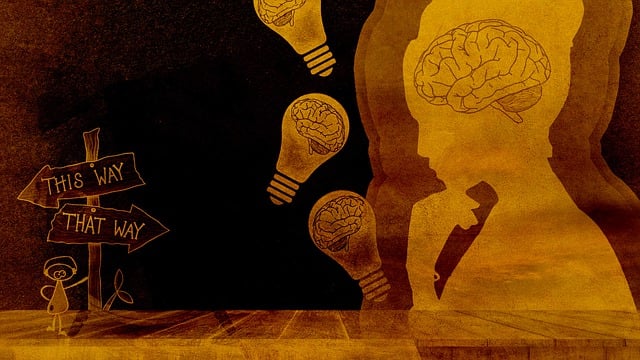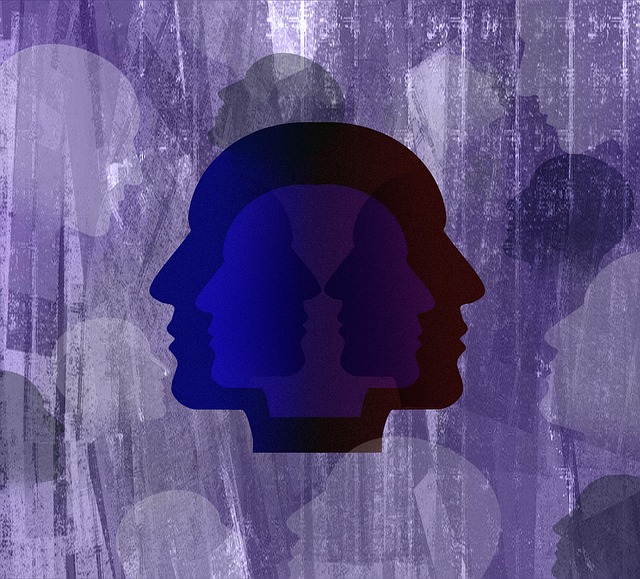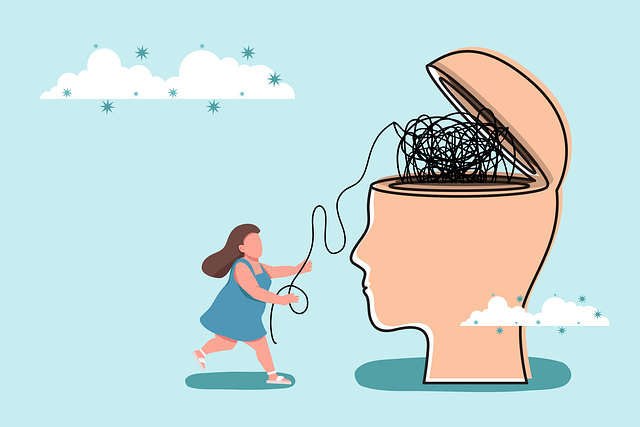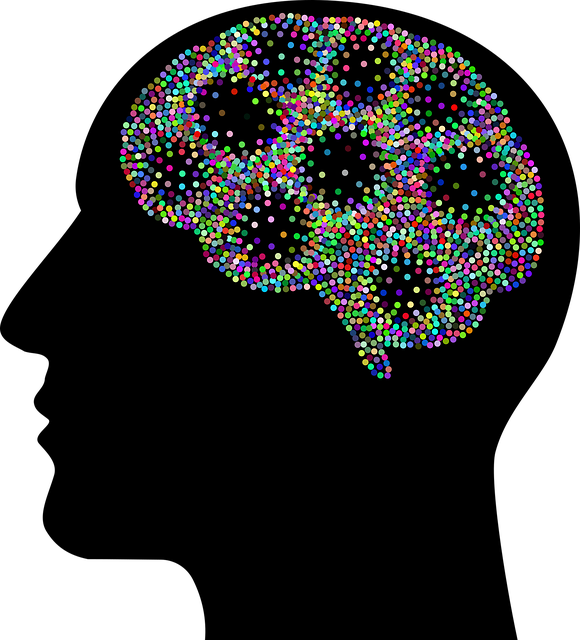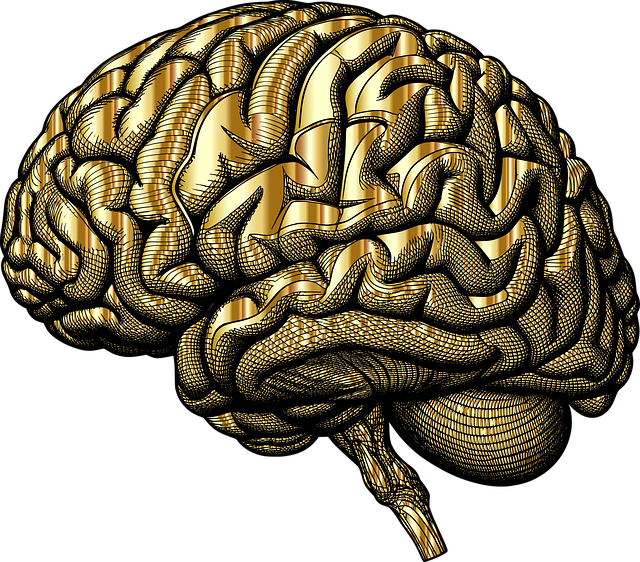Lone Tree Abuse Survivors Therapy (LTAST) prioritizes cultural competency as a key factor in delivering high-quality, tailored care. They create safe spaces that value diverse cultural perspectives on health and healing, integrating practices like mindfulness and emotional intelligence. Effective training for healthcare providers incorporates interactive workshops, case studies, and continuous feedback to improve empathy and understanding for varied patient backgrounds, especially those with trauma histories. This ongoing process ensures LTAST remains adaptable and aligned with dynamic healthcare needs, enhancing service delivery and patient outcomes over time.
Cultural competency training is an essential component of modern healthcare, particularly for organizations like Lone Tree Abuse Survivors Therapy (LTAST) serving diverse communities. This introduction explores why such training is critical in improving patient outcomes and fostering inclusive care. We delve into the key components and strategies for designing effective cultural competency programs, and discuss implementation methods to ensure long-term success, ultimately enhancing LTAST’s ability to provide compassionate, culturally sensitive therapy.
- Understanding Cultural Competency in Healthcare: Why It Matters for Lone Tree Abuse Survivors Therapy
- Designing Effective Training Programs: Essential Components and Strategies
- Implementation and Continuous Improvement: Ensuring Long-Term Success in Cultural Competency Training
Understanding Cultural Competency in Healthcare: Why It Matters for Lone Tree Abuse Survivors Therapy

Cultural competency is a vital aspect of healthcare that ensures providers can offer effective and respectful services to patients from diverse backgrounds. In the context of Lone Tree Abuse Survivors Therapy, understanding cultural competency goes beyond mere awareness; it’s about creating a safe, nurturing environment for survivors to heal. Many survivors of abuse come from varied cultural, ethnic, and socioeconomic groups, each with unique perspectives on health, wellness, and healing.
For instance, incorporating practices like mindfulness meditation or emotional intelligence into therapy sessions can resonate deeply with some survivors, offering tools for stress reduction and emotional regulation. Conflict resolution techniques, when taught within a culturally sensitive framework, can help these individuals navigate interpersonal challenges in healthy ways. By integrating these aspects, Lone Tree Abuse Survivors Therapy demonstrates its commitment to meeting the holistic needs of each client, fostering trust and encouraging the journey towards recovery.
Designing Effective Training Programs: Essential Components and Strategies

Effective cultural competency training for healthcare providers requires a structured and comprehensive approach. First, Lone Tree Abuse Survivors Therapy (LTAST) techniques can be integrated to help professionals understand and empathize with diverse patient populations, especially those who have experienced trauma or abuse. By incorporating LTAST, training programs can facilitate role-playing scenarios that mimic real-life interactions, allowing providers to practice culturally sensitive communication skills.
Key components of an effective program include interactive workshops, case studies, and peer discussions. Strategies such as self-care practices and mental wellness podcast series production can enhance the learning experience by promoting mental illness stigma reduction efforts. Additionally, regular feedback sessions and ongoing support networks are crucial for reinforcing learned concepts and fostering a culture of continuous improvement among healthcare providers.
Implementation and Continuous Improvement: Ensuring Long-Term Success in Cultural Competency Training

Implementing cultural competency training is just the first step; ensuring long-term success requires a commitment to continuous improvement. This ongoing process involves regularly evaluating and refining training programs to meet evolving needs, especially in dynamic healthcare environments. By adopting a cyclical approach, organizations can foster a culture of learning and adaptability. Regularly soliciting feedback from participants, healthcare providers, and communities served is essential for identifying areas of strength and weakness within the training.
This feedback loop supports the integration of relevant topics like compassion cultivation practices and risk assessment for mental health professionals, ensuring that self-awareness exercises remain at the core. Through periodic assessments and updates, cultural competency training can evolve to address emerging challenges, such as understanding the unique needs of Lone Tree Abuse Survivors Therapy clients, thereby enhancing service delivery and patient outcomes over time.
Cultural competency training is a transformative tool for healthcare providers, especially those involved in Lone Tree Abuse Survivors Therapy. By designing effective programs with an emphasis on understanding diverse cultural backgrounds and incorporating evidence-based strategies, we can significantly improve patient outcomes. Continuous improvement through ongoing evaluation ensures that these initiatives remain relevant and impactful. Investing in cultural competency not only enhances the quality of care but also fosters a more inclusive and supportive environment for survivors, ultimately promoting healing and recovery.


